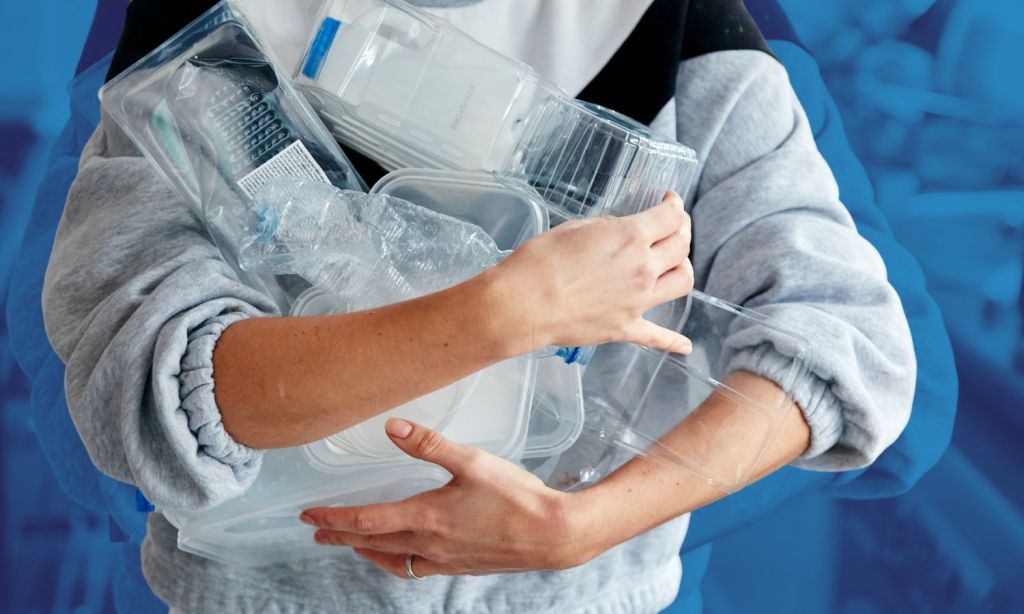Just like life, our sustainability efforts should be a marathon, not a sprint. Many of us get caught up in an “all or nothing” mindset, but when it comes to truly combatting climate change, brief bursts of ‘green’ actions in the short term are no use if we’re left with no energy for long-term efforts.
It’s our everyday actions, done together and with systemic, governmental change on a global level, that will hopefully reduce the effects of climate change. With that in mind, here are five things that aren’t worth stressing about when trying to become more sustainable.
New Isn’t Better
We are bombarded daily with ads that encourage us to switch to the next eco-friendly appliance, clothing, or handbag. Though these might have good intentions, delivering more environmentally friendly solutions, they should not encourage you to overhaul your current belongings in favour of owning only sustainable products.
Whatever you own right now that is still in working condition should be kept and used until it is truly worn out. The reality is, every purchase we make is adding more stuff into the world, which takes resources to create and eventually breaks down — but the reality is that when it comes to sustainability, the less we buy, the better.
The lesson: don’t get caught up in replacing your possessions immediately with eco-friendly products, and instead, make it a point to care for your belonging by caring for them.
Progress Over Perfection
We’ve all been in the scenario where we’re on the way to the supermarket, having remembered to bring a reusable bag, only to get to the checkout and realise we’ve bought far more than we needed and don’t have the space in our bag. You pay the dollar for a reusable plastic bag to add to the pile of totes you already have at home and give yourself a mental berating the entire way home.
Facts are facts — this happens to all of us because, sadly, none of us is perfect. But does that plastic bag undermine the bag you actually remembered to bring? Probably not. When you get home, you can give that bag an extra life (or five), by using it as a bin liner, to wrap vegetables, to wrap your toiletries in the next time you travel, or maybe at the supermarket.
The lesson: The idea of seeing sustainable actions as complimentary versus contradicting is important. Focus on what more you could do, instead of berating yourself for the ‘mistakes’ you have made.
Demonising One Thing
Most of us would be aware that plastic waste is out of control — but when we demonise one difficult-to-avoid thing so broadly, like with plastic, it can cause us to throw our hands in the air and not try to find a sustainable alternative at all. (It always comes back to the insurmountable hurdle that sustainability feels like, doesn’t it.)
It is helpful to remember that plastic was created as a cheaper alternative to glass and metal as it is very malleable and a great replacement for other costly materials. Plastic as a material is not the villain. Instead, if we looked at the bigger picture, excess use of plastic that cannot be destroyed or recycled leads to waste and then becomes a problem.
Using endless single-use plastics is an entirely different story than buying a few Stasher bags (which is a B corp-certified company) that you use over and over again for many years to come.
The lesson: Your journey towards sustainability should not make you feel bad about yourself or your actions. Instead, every small, little green action you do should empower you to continue to do better.
Read more stories from The Latch and subscribe to our email newsletter.

